Channel 4 privatisation 'on the table' says culture secretary
- Published
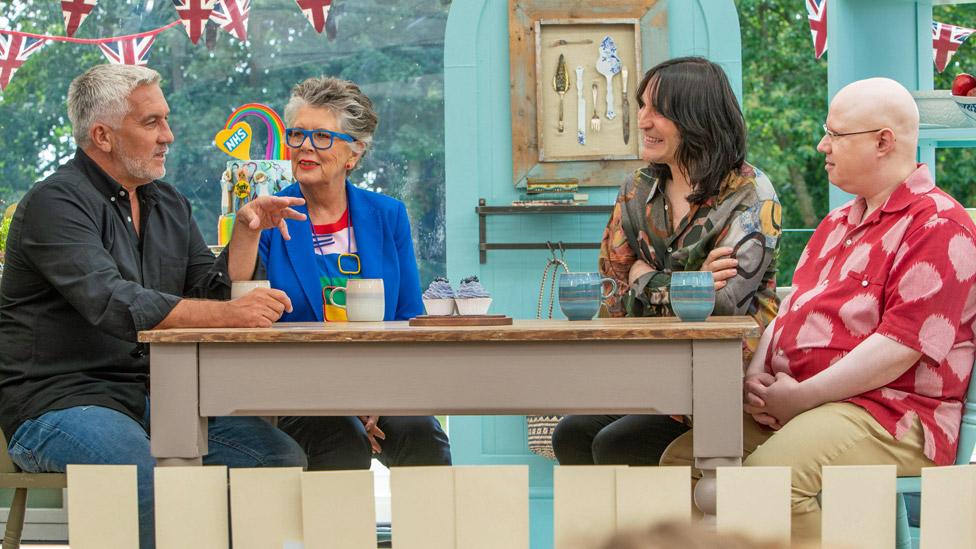
Channel 4's The Great British Bake Off is attracting 10 million viewers a week
The privatisation of Channel 4 will be considered during a government review of public service broadcasting, Culture Secretary Oliver Dowden has said.
Mr Dowden told MPs on the House of Commons culture select committee that "all options need to be on the table".
He said he would soon announce a panel to review "the future landscape of public service broadcasting".
Channel 4 was launched in 1982 as a publicly-owned, commercially-funded public service broadcaster.
It does not receive public funding and has a remit to deliver "innovative, alternative content that challenges the status quo, external".
Asked about a possible sell-off on Wednesday, Mr Dowden said it was "an appropriate moment to look at the overall governance of public service broadcasting".
He said the review would cover "not just the BBC but the other public service broadcasters, which clearly include ITV and Channel 4".
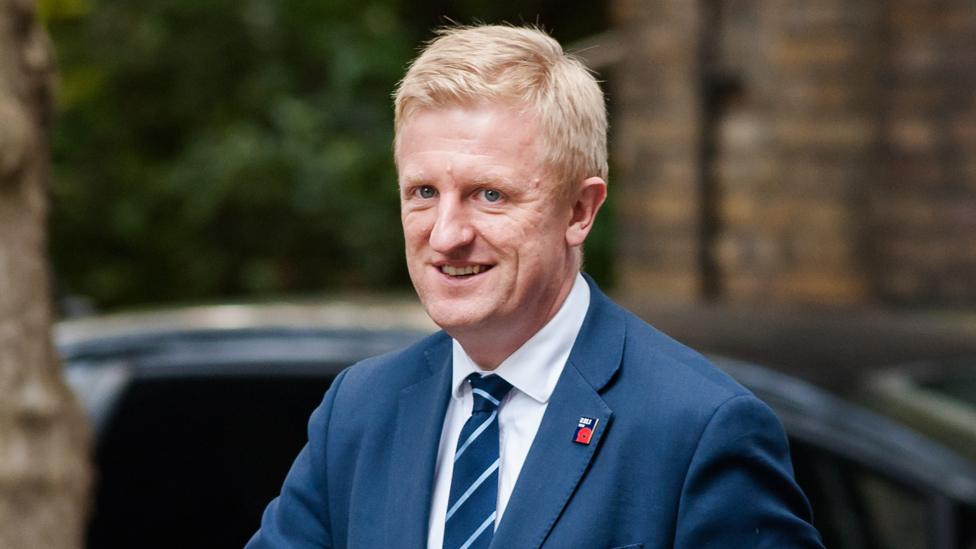
Oliver Dowden said the review would not be rushed
In 2015, the government said it had made no decisions about reforming Channel 4 and was "looking at a range of options" about its future.
It followed an official being pictured holding papers that proposed the channel's privatisation.
Earlier that year, then-culture secretary John Whittingdale said selling off the station was "not currently under debate".
The following year, a House of Lords report said the channel's "creative" output would be "jeopardised" if it was sold off.
Earlier this month, Mr Whittingdale, now a culture minister, raised the prospect of a future privatisation at a fringe meeting held at the Conservative party conference.
"We do need to think about Channel 4 and whether there is still a need for a second publicly-owned public service broadcaster, or what function it should fulfil," he said, according to The Guardian, external.
On Wednesday Mr Dowden said he did not think it was "unreasonable" to review public service broadcasting but said it would not be done "precipitately".
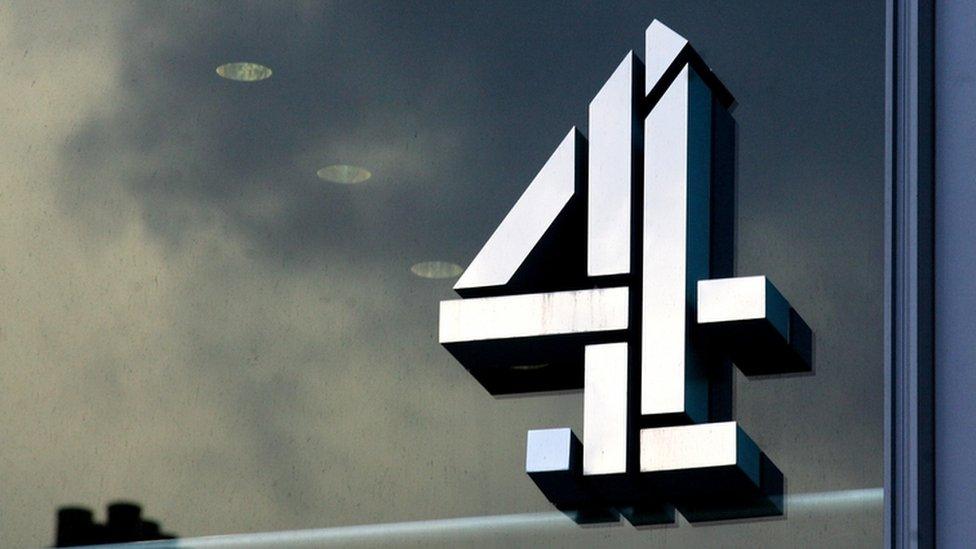
Channel 4 does not receive public funding
Channel 4 did not respond directly to Mr Dowden's comments. Last week, its chief executive Alex Mahon said she had not been "unduly concerned" by Mr Whittingdale's remarks over the channel's future.
Privatisation, she was quoted as saying, was "always a question that government should consider and it is one that we can discuss completely reasonably".
She told an Ofcom event the channel had shown its flexibility and sustainability during the coronavirus crisis "because we were able to cut costs, grow our share and do really well on programming".
BBC should 'return to core values'
Channel 4's future was one of a number of topics covered at the evidence session, where Mr Dowden also discussed the government's forthcoming decision about whether to decriminalise non-payment of the TV licence.
"I am concerned that... we do not send a signal that it's acceptable not to pay your TV licence. So, I'd be concerned around sending signals around non-payment," he said.
He also revealed that the job advert for the next BBC chairman had been published, and that the government was looking for "a strong, credible figure who can hold the BBC to account" and who is "particularly concerned to ensure that the BBC returns to its core values of impartiality".
He also faced questions about supporting the creative industries, legislation to tackle online harms, and the postponement of plans to allow spectators back into sports venues.

Follow us on Facebook, external, or on Twitter @BBCNewsEnts, external. If you have a story suggestion email entertainment.news@bbc.co.uk, external.
- Attribution
- Published14 October 2020
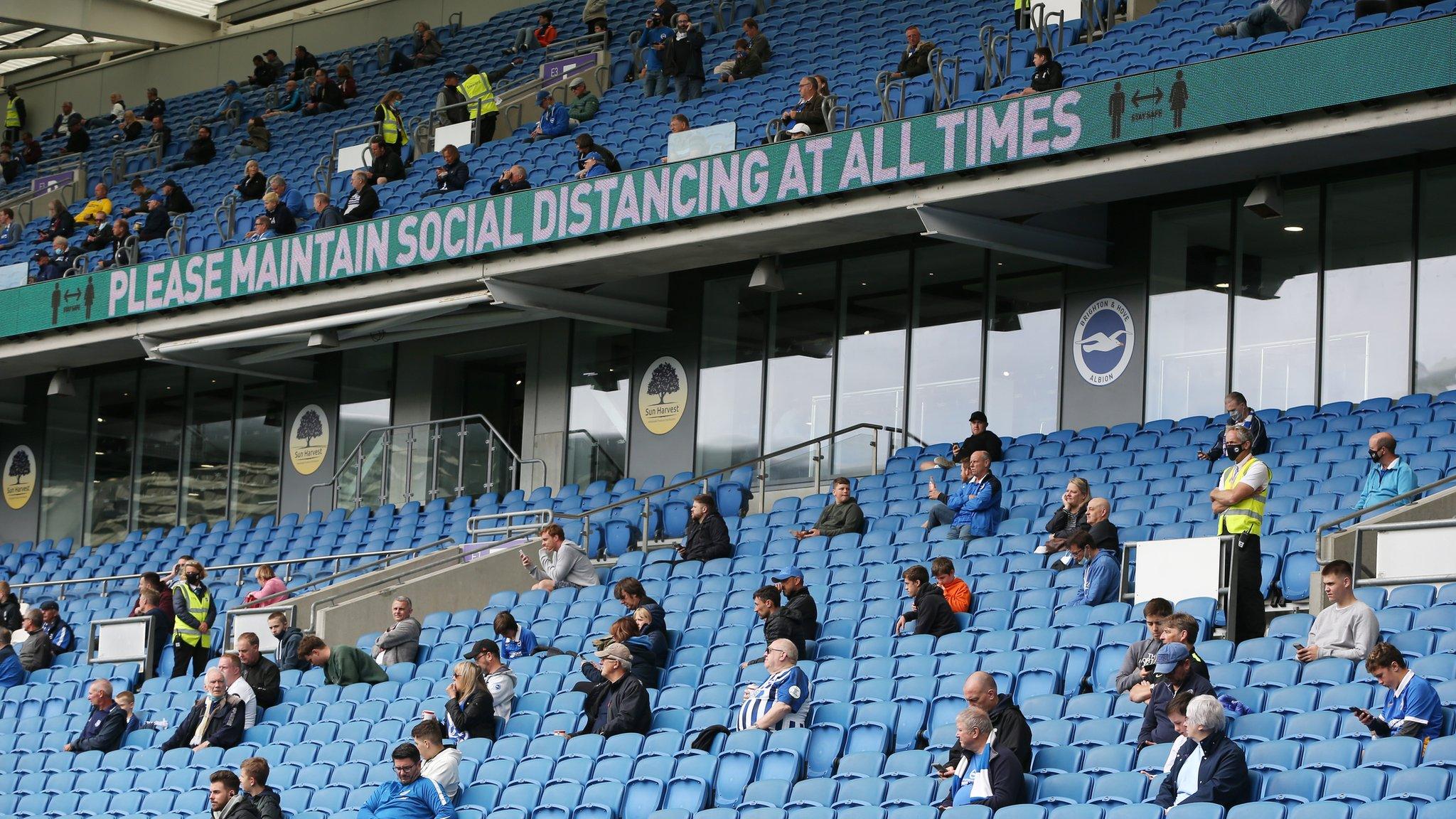
- Published5 March 2020
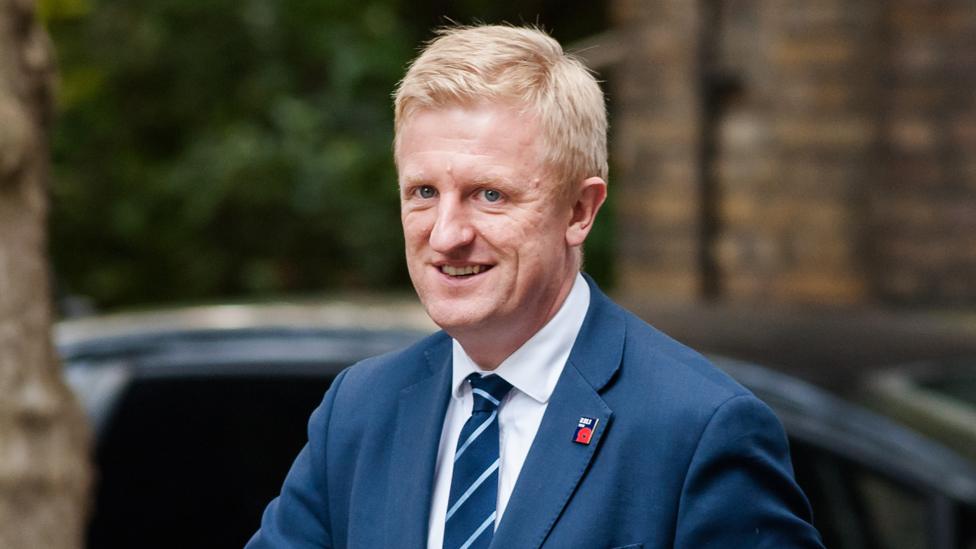
- Published11 July 2016
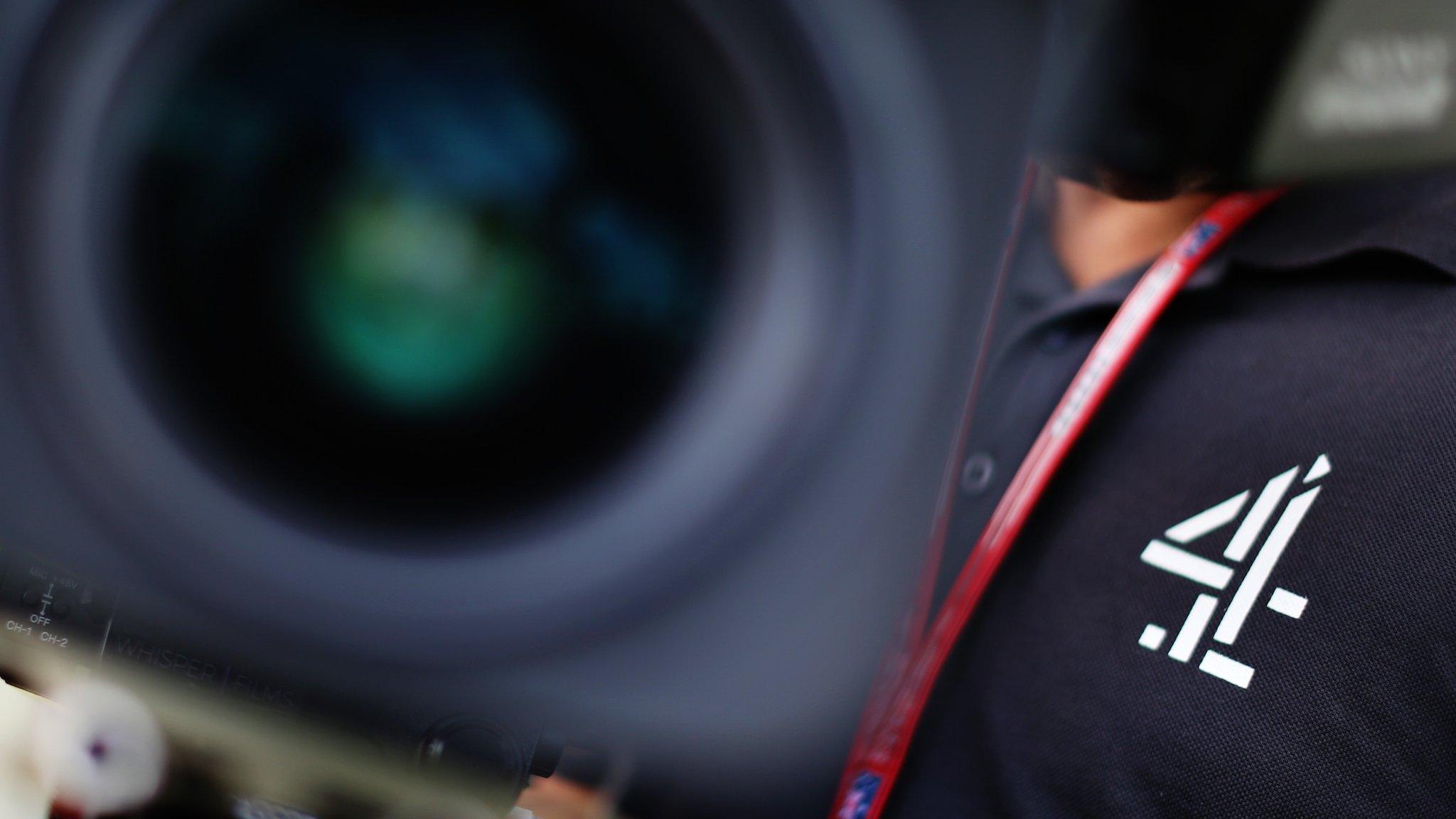
- Published25 September 2015
